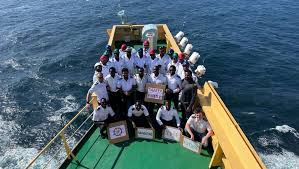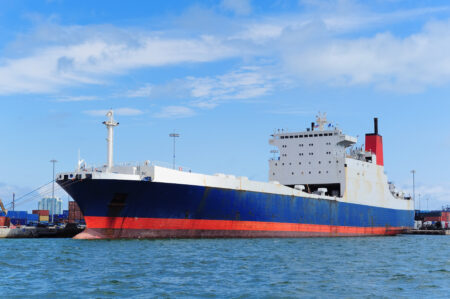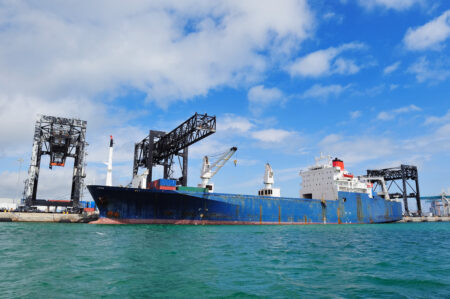VIKAND emphasises clear, supportive feedback as vital for seafarers’ mental health, retention, and workplace safety at sea.

Amid growing recognition of mental healthcare as a priority for the maritime industry, VIKAND, a global leader in healthcare solutions for the sector, has highlighted the critical role of effective communication in supporting the mental wellbeing, safety, and retention of seafarers.
VIKAND stresses that clear, constructive feedback is essential not only for professional growth but also for fostering a psychologically safe environment where crew members feel valued and supported. “Seafarers encounter distinct challenges that make it essential to provide feedback that is supportive, specific, and constructive,” said Martin Hedman, Director of Mental Wellness Practices at VIKAND.
Recent findings from Brother UK underline the consequences of ineffective feedback in workplaces, revealing that poorly delivered communication contributes to low morale and high turnover. Nearly half of UK office workers reported considering leaving their jobs due to unclear or emotionally charged feedback. These insights are even more relevant to the maritime industry, where seafarers face additional pressures, including isolation and limited access to support systems.
A Generational Shift in Expectations
VIKAND points to a generational shift in workplace expectations, with today’s workforce placing a premium on respectful and constructive dialogue. Unlike the authoritarian approaches of the past, the new generation of seafarers expects feedback that fosters growth, builds trust, and prioritizes teamwork. Poorly delivered feedback can lead to stress, demotivation, and even attrition, directly impacting crew morale and operational performance at sea.
Clear Communication for Psychological Safety
Constructive communication, according to VIKAND, is a cornerstone of psychological safety—creating an onboard culture where seafarers can express concerns, admit mistakes, and collaborate without fear of negative consequences. This focus aligns with VIKAND’s holistic mental health programs, which integrate communication best practices, mental health support services, and initiatives to build inclusive and resilient onboard cultures.
Brother UK’s research shows a 30% increase in staff turnover due to inadequate feedback in office environments, a figure that highlights the potential impact on seafarers, who operate under more challenging conditions. Effective communication training and mental health resources are crucial for mitigating these challenges and ensuring crew retention.
Building a Sustainable Maritime Workforce
“The maritime industry’s success relies on the wellbeing and mental resilience of its workforce,” said Hedman. “Clear, positive feedback contributes to a psychologically safe environment where crew members feel both appreciated and connected. This, in turn, improves safety, job satisfaction, and the quality of life onboard.”
VIKAND’s commitment to fostering supportive communication and mental wellness reflects its broader goal of creating a sustainable and healthy workforce in the maritime sector. By prioritising these efforts, VIKAND continues to lead the way in ensuring the long-term success and resilience of the maritime industry.











